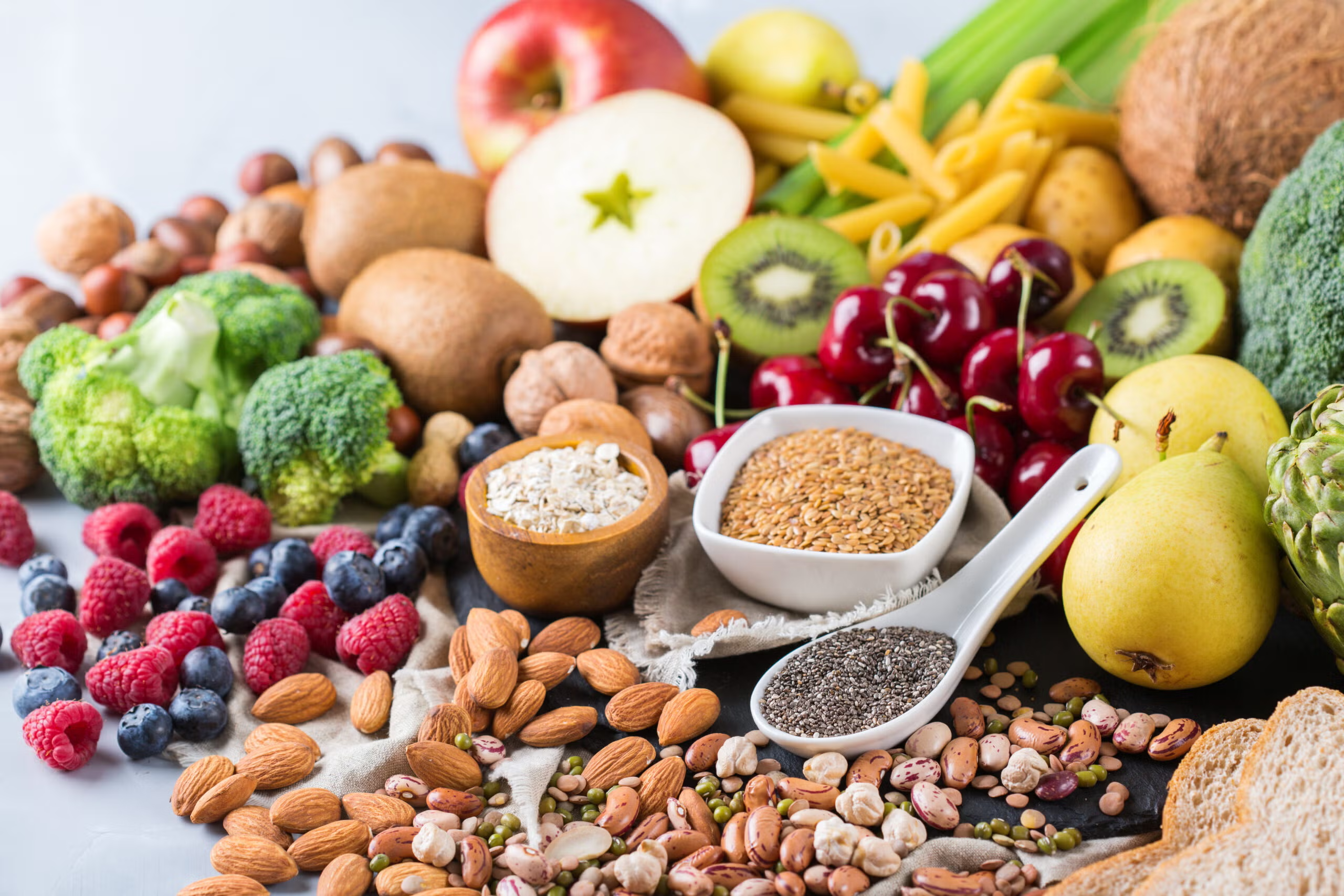EN 16887 Carbohydrate Testing in Organic Foods
The European standard EN 16887 specifies methods for the determination of total dietary fiber and non-digestible carbohydrates (NDC) in organic foods. This testing is crucial for ensuring compliance with EU regulations that mandate accurate labeling and quality control. The primary focus lies on quantifying both soluble and insoluble fibers, which are essential components in promoting digestive health.
The methodology outlined in EN 16887 involves several steps, starting from sample preparation to final analysis using gravimetric and spectrophotometric techniques. Sample preparation is critical; it requires careful handling of organic samples such as grains, fruits, or vegetables to prevent contamination and ensure accurate results. The standard emphasizes the importance of representative sampling to avoid bias in the results.
The testing process typically begins with soaking the sample overnight in water to soften fibers, followed by thorough rinsing. After drying, the sample is ground into a fine powder suitable for analysis. This step ensures that all parts of the sample are evenly processed and ready for further steps. The next phase involves extracting soluble fiber using acid treatments, while insoluble fiber is isolated through mechanical means.
For NDC, which includes resistant starches and other non-digestible polysaccharides, specific reagents like alpha-amylase are used to differentiate between digestible and undigestible carbohydrates. This differentiation is essential for understanding the nutritional value of organic products accurately. The final stage involves drying the extracted components before weighing them on an analytical balance.
The results from these tests provide critical insights into the carbohydrate content, helping manufacturers adhere to strict EU labeling requirements. Compliance with EN 16887 ensures that consumers receive accurate information about their food choices, particularly those opting for organic products. This standard is pivotal in maintaining consumer trust and ensuring that organic foods meet high-quality standards.
Customer Impact and Satisfaction
- Enhanced Product Quality: Accurate carbohydrate testing ensures that organic food products meet stringent quality benchmarks, thereby enhancing customer satisfaction.
- Regulatory Compliance: Ensures adherence to EU regulations on labeling and product quality, reducing the risk of non-compliance penalties.
Our commitment to precision in carbohydrate testing translates directly into better-tasting and healthier products for consumers. This service not only meets but exceeds regulatory standards, ensuring that every batch of organic food is traceable back to its source.
Eurolab Advantages
- State-of-the-Art Equipment: Leveraging advanced analytical instruments like HPLC and GCMS, we deliver reliable results every time.
- Certified Technicians: Our team of experts is trained to handle complex samples with precision and accuracy.
We pride ourselves on offering a comprehensive service that includes not only testing but also expert advice tailored to your specific needs. Whether you're looking to optimize product formulations or ensure compliance, our services are designed to meet your unique challenges.
Environmental and Sustainability Contributions
- Sustainable Sample Handling: By ensuring accurate and efficient testing, we minimize waste and reduce the environmental footprint associated with product development cycles.
- Educational Outreach: We contribute to the education of industry professionals by sharing best practices in carbohydrate analysis.
Our dedication to sustainability extends beyond just the laboratory. By providing reliable data, we help clients make informed decisions that align with their environmental goals. This commitment ensures a harmonious balance between product quality and ecological responsibility.





